The AOP is an innovative model for those experiencing severe multiple-disadvantage, specifically aimed at helping the most vulnerable in our community to move on.
Active Opportunity Pathway

Working Together To Change Lives
The Housing Network already provides over 5,300 bedspaces of accommodation and support for individuals and families on a nightly basis, who would otherwise be homeless. Alongside our traditional solutions THN has recently developed the Active Opportunity Pathway (AOP) in collaboration with supported housing sector experts and our Registered Provider partner.
Our AOP model is a seamlessly interconnected pathway, which allows residents to step-up / step-down along their journey. With everyone provided truly person-centric support directly aligned to their needs. In developing our AOP model we have worked extensively with our Registered Provider Partner to ensure full compliance with the Regulator of Social Housing regulatory standards (e.g. Rent Standard, Safety & Quality Standard, Transparency, Influence and Accountability Standard).
Working in a strength-based way our AOP team work collaboratively in a trauma informed way with each resident. They work together to identify and develop strategies to overcome barriers that are preventing progression towards independence and access to opportunities.

Who is Eligible?
Our AOP is provided in partnership with our (not-for-profit) RP partner, with all residents carefully assessed to identify their individual needs / risks. Ensuring their eligibility aligns with one or more of the defined eligibility classifications which include:
- Individual at risk of (or have experienced) homelessness
- Family at risk of (or have experienced) homelessness
- People recovering from drug or alcohol dependence
- People with experience of the criminal justice system
- Care leavers or teenage parents
- People with mental ill health
- People fleeing domestic abuse (including with their children)
- People with a learning or physical disability
Care, Support & Supervision
Our AOP model has three distinct (interconnected) stages to it. Safe & Sound, Seen & Heard and Live & Grown. With each stage featuring a different volume, intensity, and specialism of support, aligned to the needs and risks of each resident.
The AOP uses a blend of ‘eligible’ Intensive Housing Management and ‘ineligible’ Personal Support within each of its stages at all times; ensuring the support is ‘tailored and sufficient’ to meet individual needs and always ‘more than minimal’. At all times each resident can step-up / step-down from each stage in case of a traumatic event (e.g. substance misuse incident), between each stage, minimising the risk of eviction and further trauma.


Our Focus Areas
To ensure the best possible outcomes for residents, it incorporates 10 focus areas:
- Managing Tenancy / Accommodation
- Self-Care & Living Skills
- Managing Money & Administration (e.g. Benefits)
- Relationships & Social Needs
- Drug & Alcohol Use
- Physical Health & Wellbeing
- Emotional & Mental Health
- Activities (e.g. Participating in the Community)
- Living within the Law
- Dreams & Aspirations (e.g. Training / Employment)
In all cases, our specialist teams use a strength-based approach to help each resident advance to the ‘Opportunity Zone’, where their level of independence is greater than their need for support, ultimately reducing the demand on the social care system.
From Homelessness To Hope: Mark's Journey
Life changed drastically for Mark when he became homeless and began rough-sleeping due to circumstances beyond his control. Vulnerable and uncertain about the future, he made a brave decision to seek help and got in contact with The Housing Network.
Months later, his journey to independence in the Active Opportunity Pathway to inspire us all. “My perception of myself has improved immensely. I’m a lot more confident now and my mental health is improving greatly.”
Mark’s story is a powerful reminder that with the right support, courage and community; we can help end homelessness.
Lived Experience Voice
To ensure maximum success, we offer our residents a chance to get involved through the ‘More than a Voice’ platform. We’re not just about providing services, we are about giving our residents the best in line with our mission.
To fully achieve this, it is important that our residents have a platform to express themselves, provide feedback and tell us what it’s like to ‘live within’ the service we deliver; in turn, we can listen, understand and learn. In line with our wider support approach, all aspects of More than a Voice activity and engagement are trauma-informed and strength based, to support positive outcomes.




